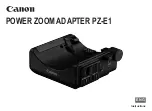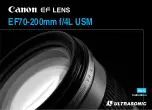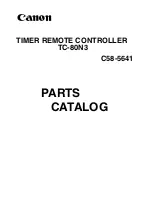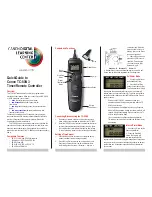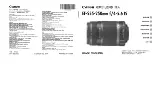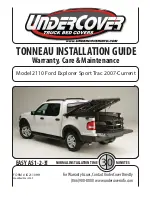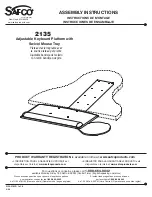
20
and tongue. This includes ALL cargo, options and liquids.
Unloaded Vehicle Weight (UVW) is the weight of this trailer as
manufactured at the factory. It includes all weight at the trailer axle(s)
and tongue. If applicable, it also includes full generator fluids, including
fuel, engine oil and coolants.
Cargo Carrying Capacity (CCC) is equal to the GVWR minus each of the
following: UVW, full fresh (potable) water weight (including water heater),
and full propane weight.
Weighing Vehicle (Loaded or unloaded)
The proper method to weigh the coach is to use a truck scale. Place
coach axles (tires) and tongue jack 12” to 24” from the edge. Unhook the
tow vehicle and move forward 6” to 8”. Now record total weight. Re-hook
the tow vehicle and remove the weight from the front support. Be sure
no part of tow vehicle is on the scale. Now record the axle weight only.
The difference between the two weights is the hitch weight.
KZRV suggests you also weigh each side (2 tires) separate to find
balance of pounds per side. It is possible to have 1 side correct and the
other side overloaded. Often, the slide side or refrigerator side will be
slightly heavier than the other side.
The second sticker is about the allowed weight of cargo to be placed in
your coach. Location of the sticker is on the inside of your coach, on the
screen door, or inside of a cabinet door. It provides listed total allowable
weight of cargo minus liquids allowed, water and propane.
RECREATIONAL VEHICLE TRAILER CARRYING CARGO CAPACITY
VIN #: ____________________________________
The weight of cargo should never exceed kg _______ lbs. ________
CAUTION
A load of water equals _____ kg / ____ lbs. of cargo
@ 3.78 kg / 8.34 lbs. per gallon.
Loading the Trailer - Distribution
Your recreational vehicle has been engineered to make maximum use of
the available space for living and storage areas. The equipment and
supplies you take along while traveling can be carried safely, provided
the additional weight is distributed properly. Proper weight distribution
within your trailer is an important factor in safety and efficiency of your
trailer brakes, hitching, and how your tow vehicle will pull the trailer.
DO
NOT
put excess weight in the rear only. Excessive weight in the rear area
tends to develop sway and “fishtailing” of the trailer.
































